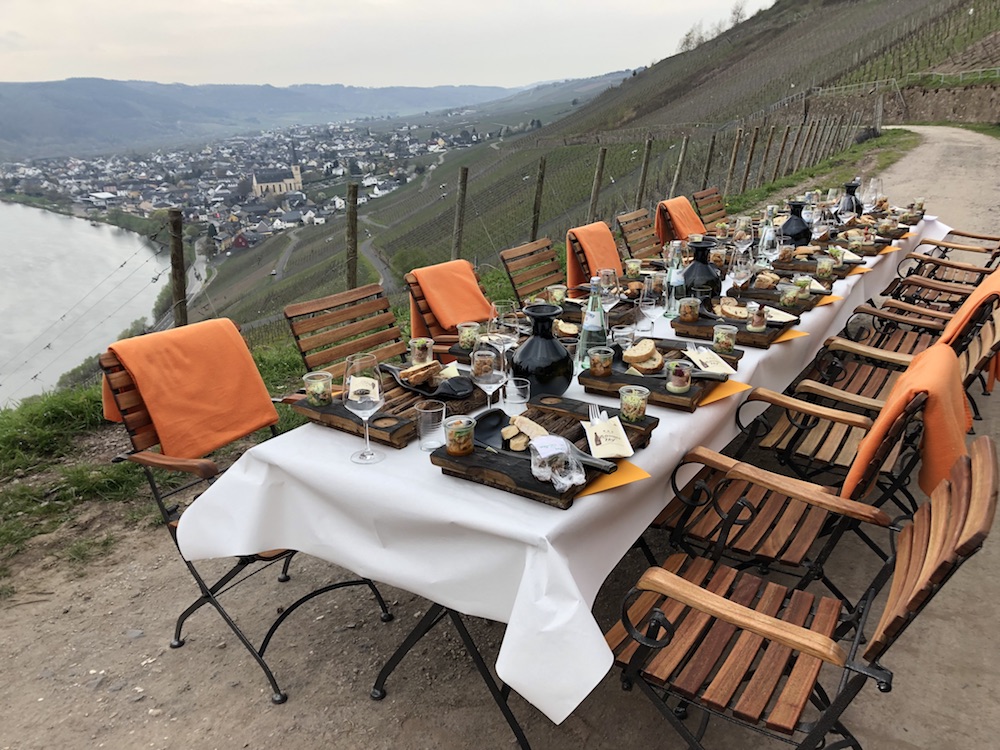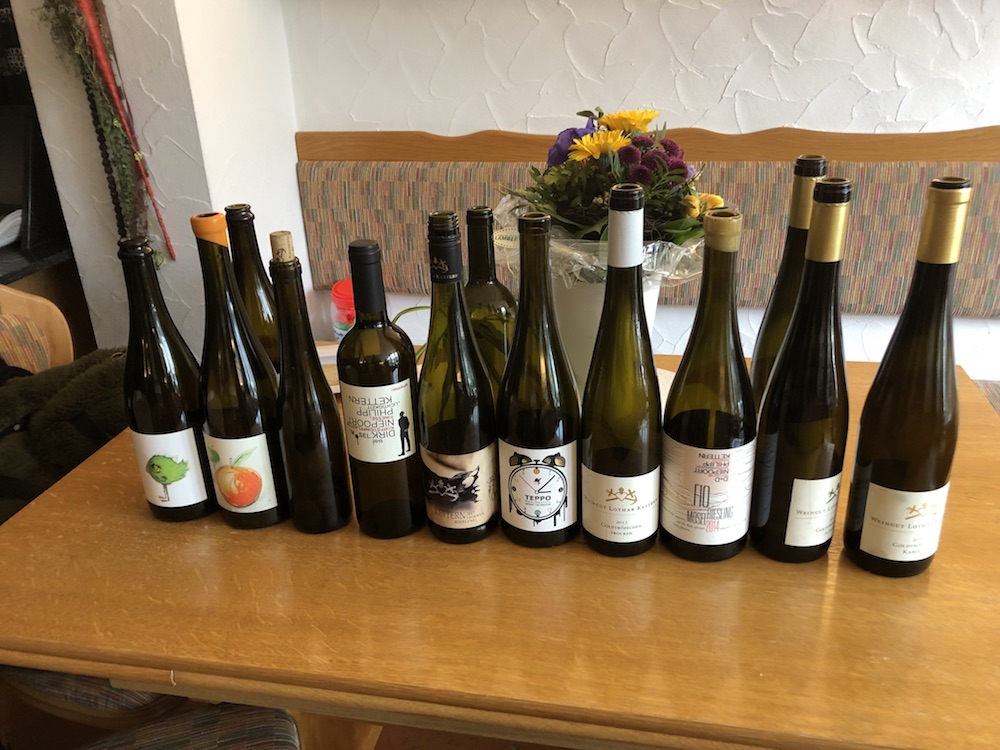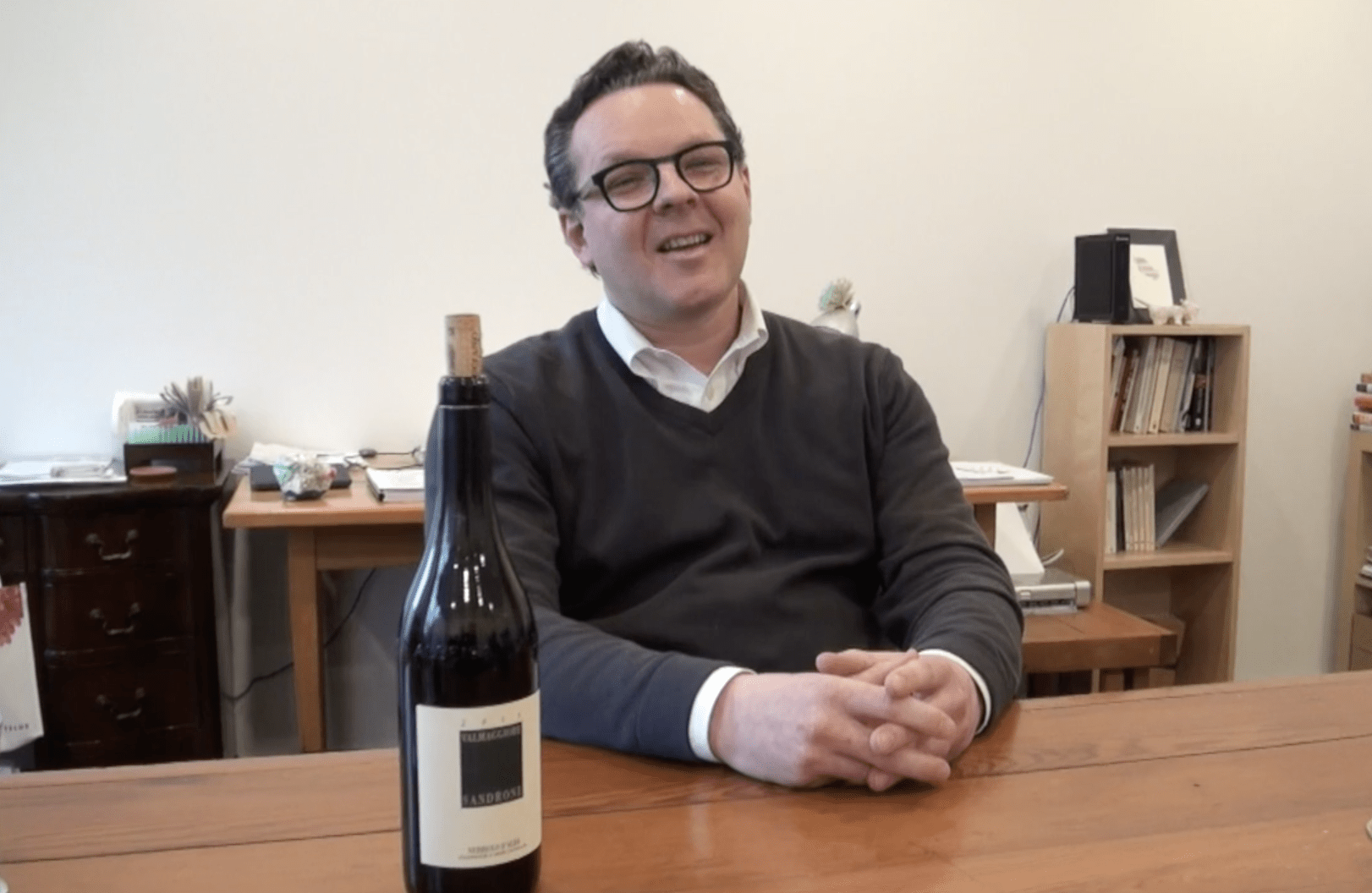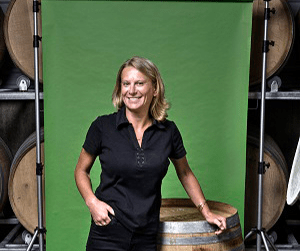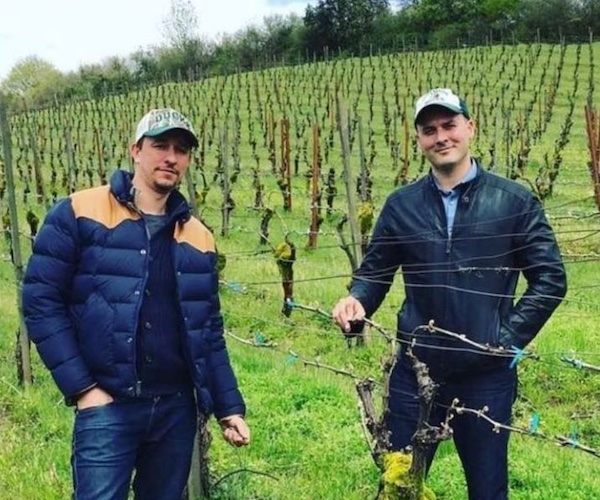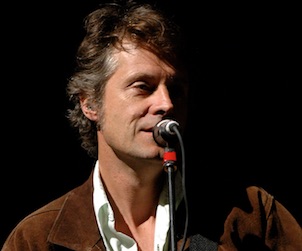When I last visited Germany on a fam-trip way back in 2007 I’m pretty sure that I didn’t meet a Winemaker under the age of 55, perhaps even 65. These men, for at that point they were almost all were men, were undoubtedly the elder statesmen of the country’s wine industry.
Oh my goodness, how things have changed; this time around things could not have been more different.
What with Wines Of Germany getting fully behind the Generation Riesling collective with over 500 members, with no Winemakers being knowingly over the age of 35, the new generation of German Winemakers has truly come of age.
On our excursion to the Mosel last month we visited the wineries of two of these younger Winemakers, Weingut Hüls in Kröv, and Weingut Kettern in Piesport which is also home to the fascinating Kettner/Nieport Fio collaborative project.
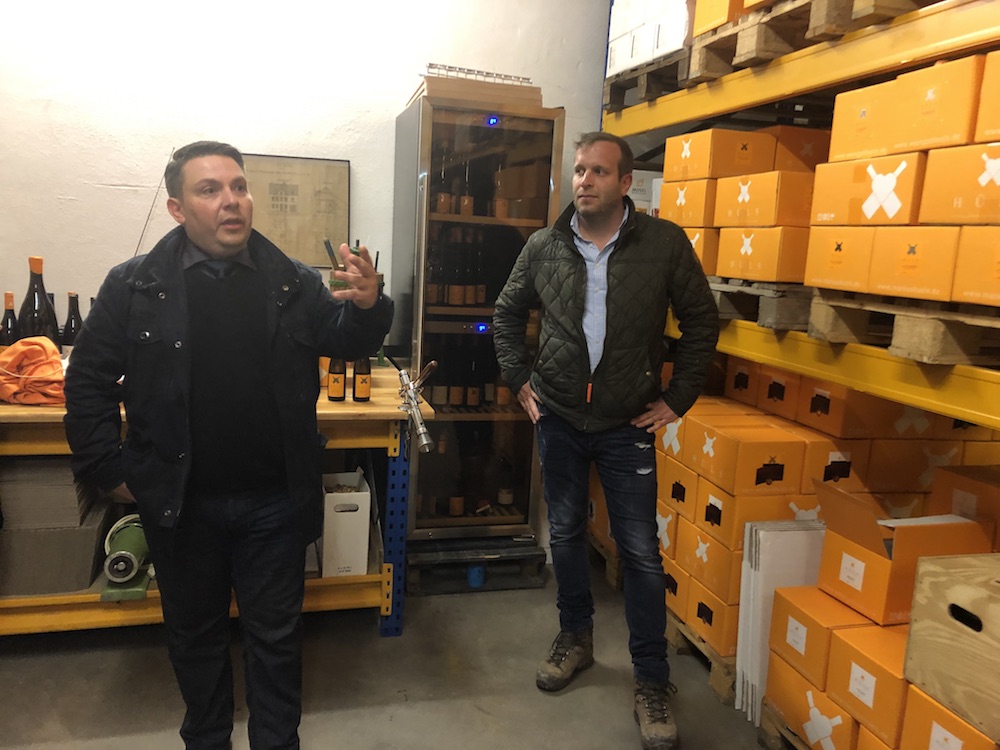
Sommelier Holger Kranz tells us the Weingut Hüls story alongside young Winemaker Markus Hüls at their Kröv winery.
The Weingut Hüls domaine is the brainchild of Winemaker Markus Hüls, a young man who after studying under Mosel legend Markus Molitor was inspired to invest in some vines and begin his own winemaking enterprise.
Taking over his family’s winery back in 2012, and being a firm believer in wines being “made in the vineyard”, Markus has been transitioning his five acres of prime Mosel (read: incredibly steep!) Blue Devon slate vineyards to organic/biodynamic practices ever since. Utilising a massale selection from nine different Riesling vines sourced from the Mosel’s oldest ungrafted vineyard stocks and grafted onto some seriously slow growing rootstock, Markus hope to obtain a sustainable reduction in yields in the most natural way possible.
His search for that elusive and unique Mosel purity certainly doesn’t end in the vineyards, as he insists that all of his wines are stabilised naturally with extended time in fuder, without the use of any clarification or fining agents, leading to gloriously elegant, balanced, and fascinatingly complex wines with some serious ageing potential. In a world where so many wines are released to the drinking public and consumed way too soon, his late bottled releases are a much welcome welcome breath of fresh air. Now it should be noted that this practice is anything but new, and was the way that the wines of the region were traditionally aged and released before a rush to market for financial reasons became the norm.
This return to tradition makes for some truly classic Mosel Riesling that was a true delight to taste alongside our lunch in the vineyard.
Throughout our tasting we were told that through as little intervention as possible, in both vineyard and winery, it is possible for the Hüls wines to express the true terroir of the soils of the Mosel valley, which was most interesting as the next winery we visited also preached a similar minimal intervention philosophy, but with dramatically different results… and then some.
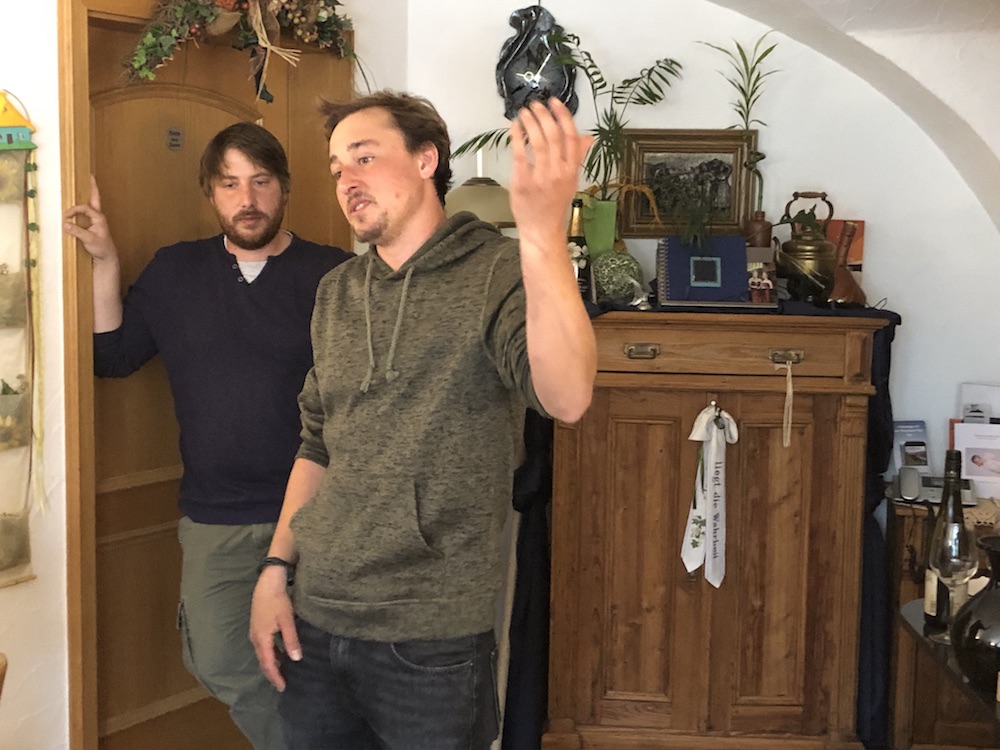
Mosel native Philipp Kettern and Duoro interloper Daniel Niepoort present a selection of wines from their Fio range.
Whilst I have been most vocal about my dislike of so many of the wines that fly under the ever-ambiguous “natural” banner, there are quite a number of them that really turn my head and get me thinking about what I look for in an enjoyable wine. Sometimes this academic exercise alone is enough to fill me with joy, as was the case with many of the Fio wines we tasted with Philipp Kettern and Daniel Niepoort at Kettern’s family winery in Piesport.
The two of them, much like their wines, are brazenly dynamic and charismatic, exuding a generous and jovial likeability that is extremely hard to resist.
Philipp is a dyed-in-the-wool Mosel Winemaker, his family having made wine in the valley for over a century, but with him taking the reins, Lothar Kettern has gone through something of a transformation, with the focus switching from plains vineyards to cooler steep slopes in the more extreme mountain areas. With this has come a move towards making marvellously fresh, elegant, and refined dry, Kabinett, and Spätlese Riesling that is very occasionally punctuated by the odd sweet Auslesen and Trockenbeerenauslesen when the vintage conditions allow.
For the Fio label, add to this mix the ebullient Daniel, son of Portuguese wine’s much-celebrated Père-Terrible, Dirk Niepoort. The two of these young men look and act as if they have been friends since childhood, when in fact both their friendship and winemaking partnership is a relatively recent venture, after Dirk bumped into Phillipp at a tasting they were both presenting at in the Caribbean.
Wines from both the collaborative Fio range and the more traditional Weingut Kettern label.
Seeing an opportunity to explore his passion for Mosel Riesling, Dirk introduced Daniel to Philipp and proposed that the three collaborate on a project to test the boundaries of what could be done with Riesling in the Mosel, with more extremely situated vineyards, fully spontaneous ferments, extended lees ageing in old 1000 litre Moselfuder, absolute minimal use of sulphur, and an enviable open-mindedness when it comes to exactly where the wines’ natural journeys take them… as long as they are great wines.
Whilst on the surface the wines at first appear to be mere flights of whimsy (the appellation-free labelling is the antithesis of the staid Germanic ones of history), once one explores them in the glass one comes to realise that these three self-admitted picaroons are producing some of the most intense, thrilling, and challenging wines I have tasted in quite some time. Remember that vinous sense of joy I mentioned earlier…
While these simply excellent wines don’t come cheaply, I could not recommend them more, and suggest that you seek them out wherever you may be; I was particularly fond of their Falkenberg and Fio wines.
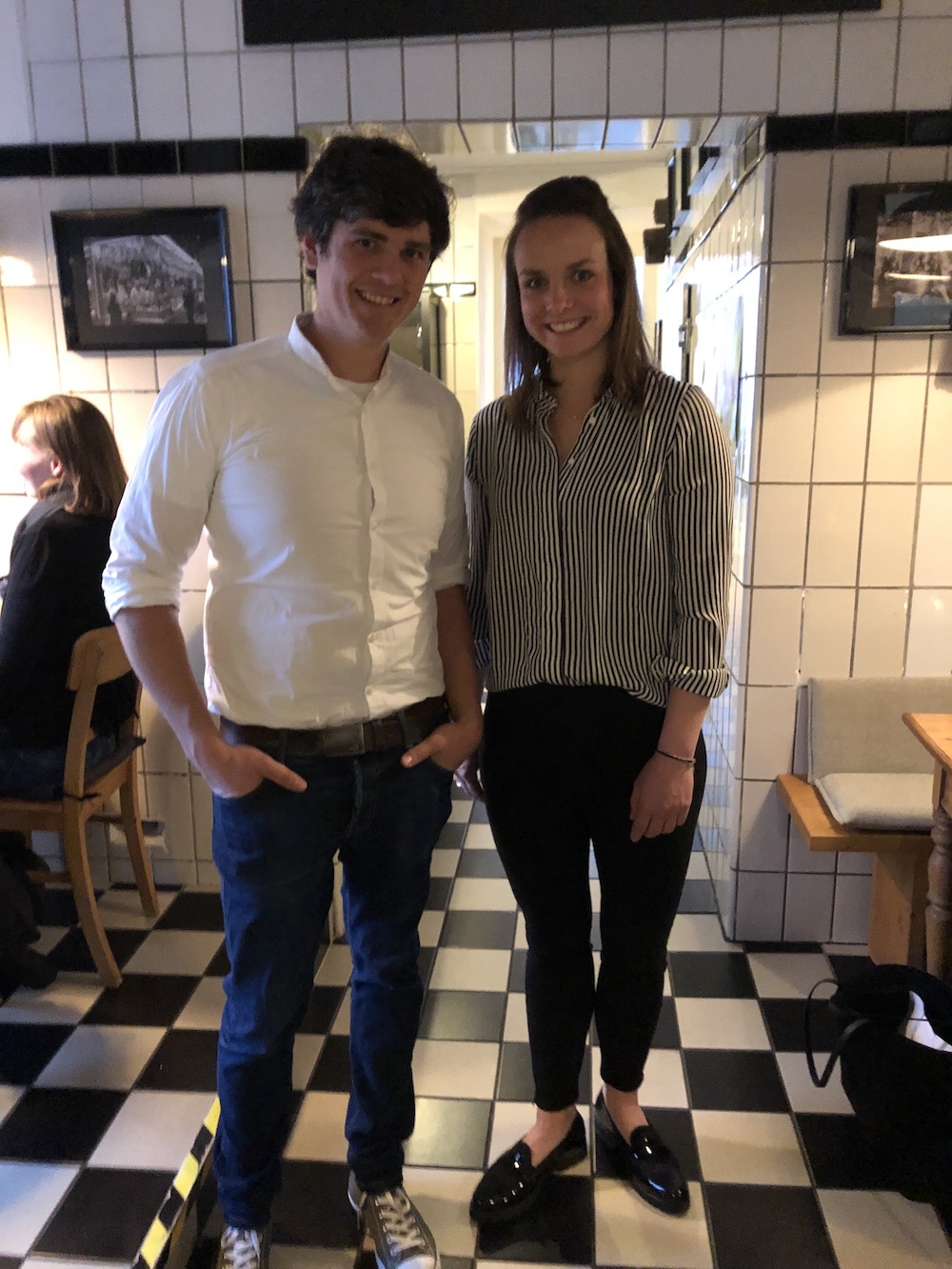
Young Mosel Winemakers Matthias Meierer and Lena Endesfelder hosted us for a delightful dinner at Restaurant Ochs, Bernkastel-Kues.
The wines of Hüls, Kettern/Fio, Endesfelder, and Meierer are all outstanding in their own rights, and tasting with the Winemakers and having the opportunity to talk with them about their philosophies and ambitions gave me a utterly fascinating insight into the way in which Mosel wines have evolved since my visit there some 12 years ago.
With young Winemakers like Markus, Philipp, and Daniel (as well as Lena Endesfelder and Matthias Meierer, of Weingut Endesfelder and Weingut Meierer respectively) hitting their respective strides, the Mosel’s future is looking increasingly brighter and my palate is all the happier for it!
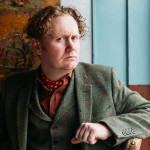
Edinburgh-born/Toronto-based Sommelier, consultant, writer, judge, and educator Jamie Drummond is the Director of Programs/Editor of Good Food Revolution… And that was a really great trip. And thanks to Wines Of Germany for finding my blue tweed cap and mailing it back over to me.

